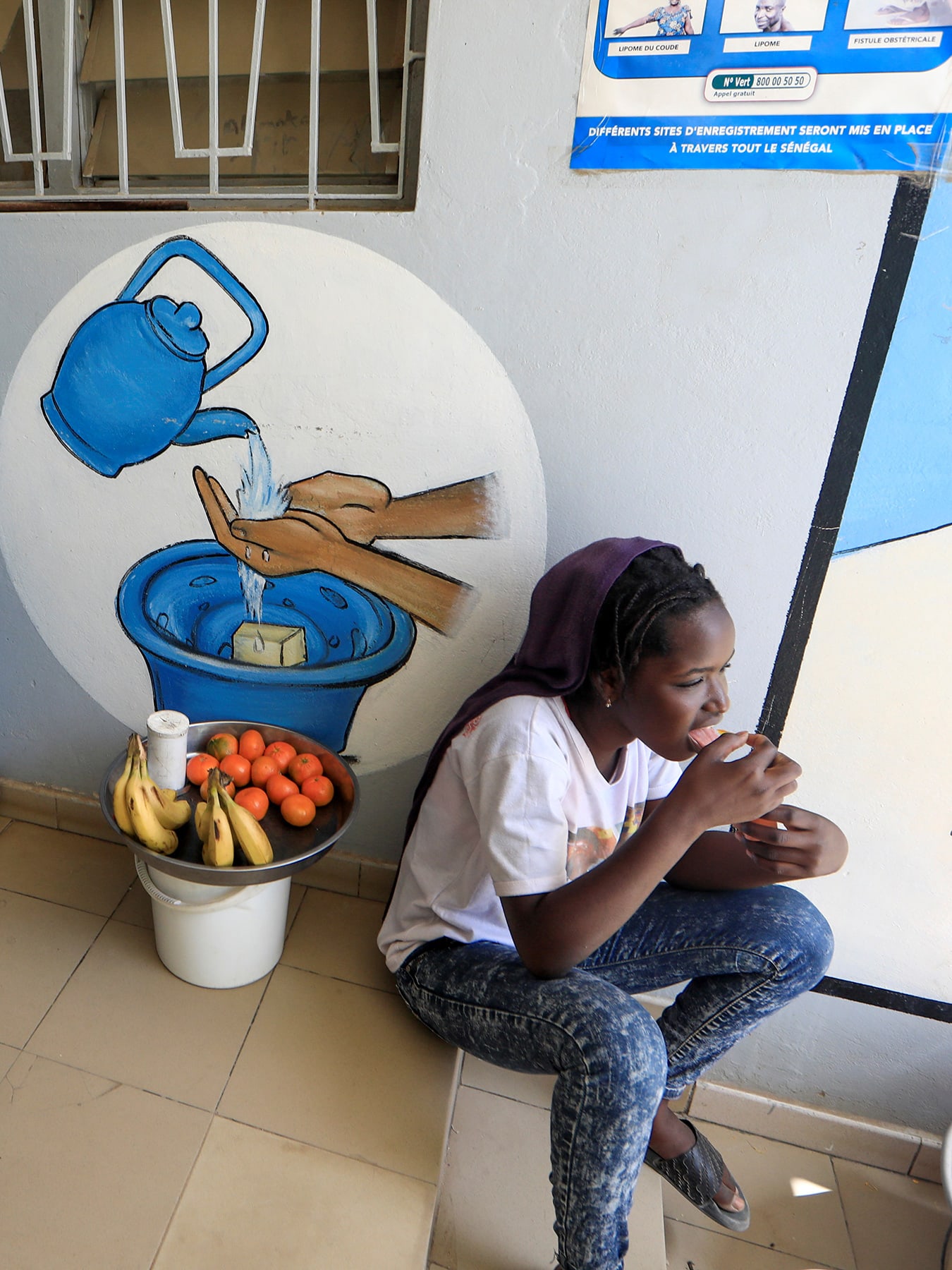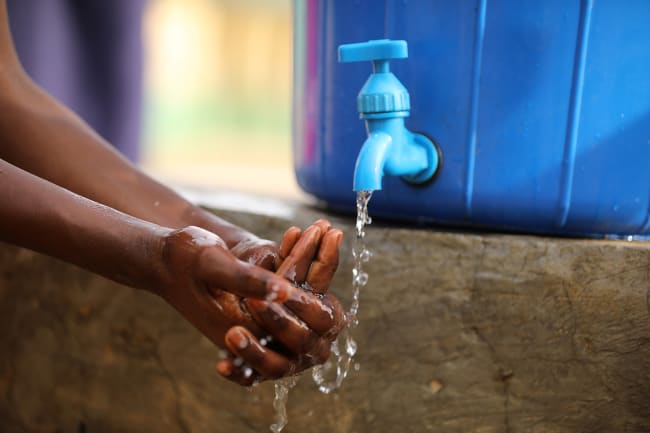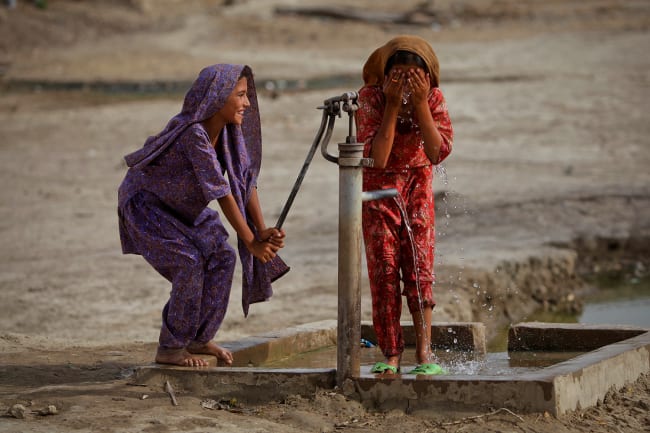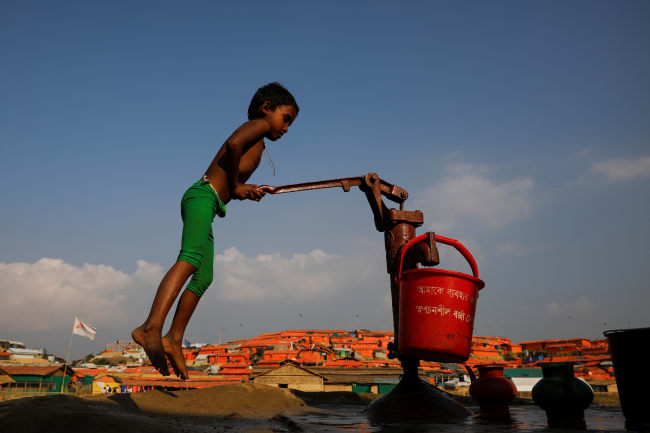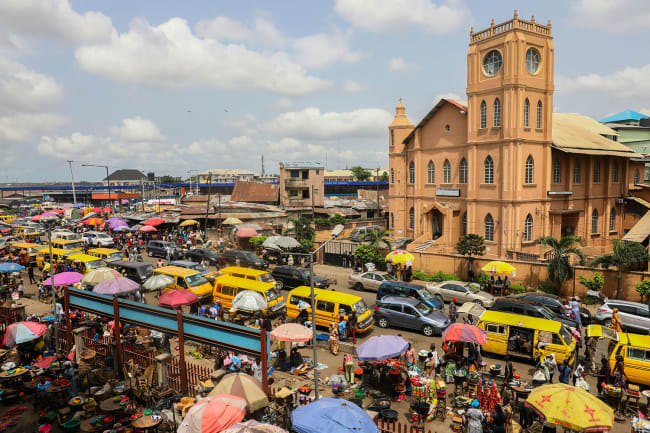In high-income countries, COVID-19 has overwhelmed health systems, and thousands have died despite having access to some of the best health care money can buy. As coronavirus spreads through countries with fewer resources, especially low-income countries, scarce health system resources may leave them much less equipped to handle an influx of people with COVID-19. High population density, which increases the risk of transmission of coronavirus, is another challenge. In low-income countries, greater investment in prevention strategies, such as access to handwashing facilities with soap and water, is urgently needed to save lives.
Research indicates that hand-washing could prevent up to 55 percent of respiratory infections
Lack of access to handwashing is likely a major driver of coronavirus transmission. Research indicates that handwashing could prevent up to 55 percent of respiratory infections. In 2019, handwashing was out of reach for one out of four people in the world, according to a new publication from the Institute for Health Metrics and Evaluation (IHME) in the journal Environmental Health Perspectives. Lack of access to handwashing was especially stark in low-income countries in sub-Saharan Africa, South Asia, and the Caribbean. In sub-Saharan Africa, for example, one out of every two people lacked access to handwashing basics like soap and water.
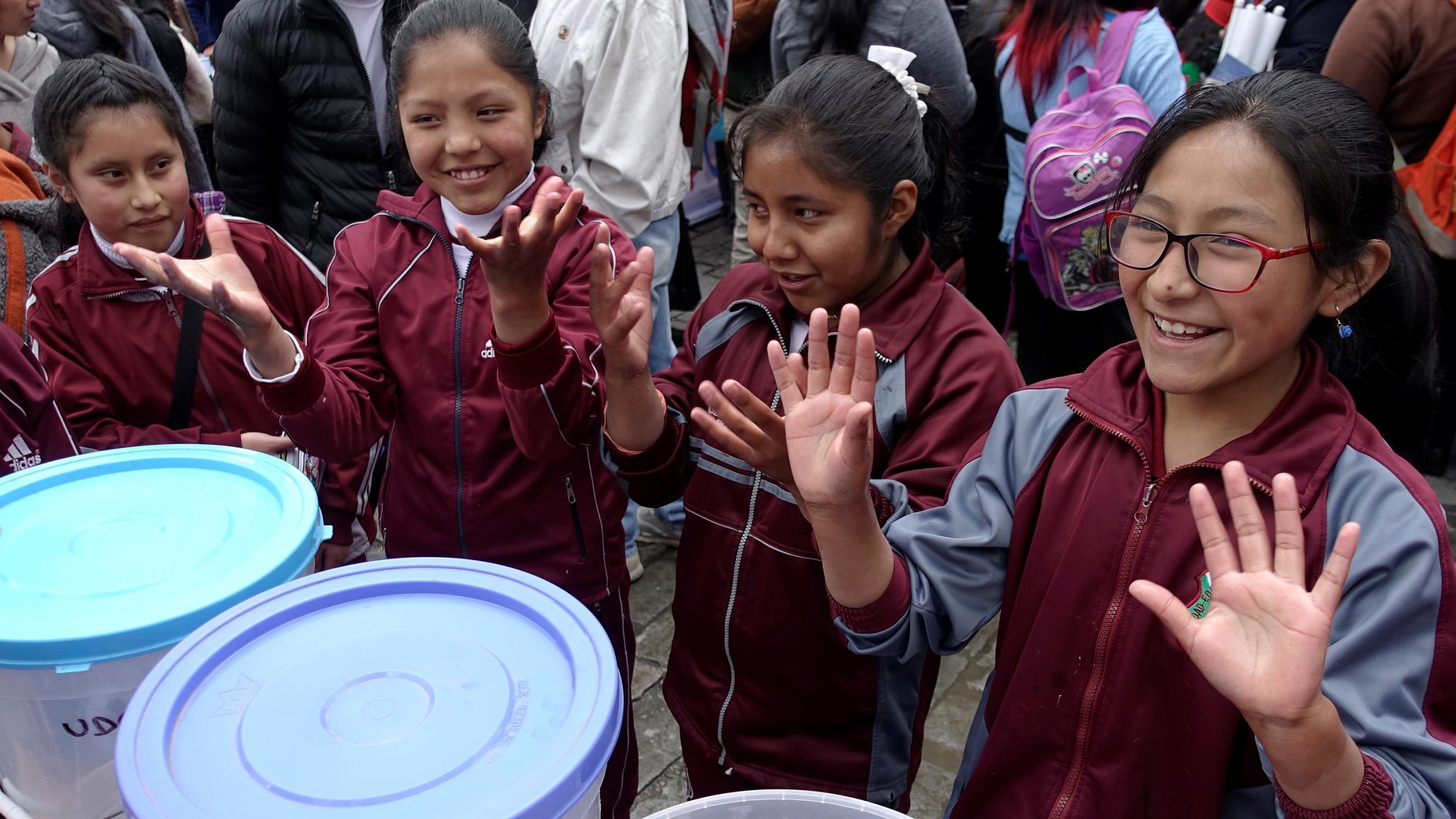
Ethiopia is one of the eight countries in which more than fifty million people lacked access to handwashing in 2019, along with India, Nigeria, China, Democratic Republic of Congo, Bangladesh, Pakistan, and Indonesia.
The government is collaborating with local and international NGOs, media outlets, and volunteers to encourage hand-washing
In Ethiopia, the government is working to increase household access to handwashing as part of its response to the coronavirus pandemic. The goal is to slow the spread of coronavirus and reduce demand on the health system, which has approximately 0.3 hospital beds available for every 1,000 people, compared to 2.9 per 1,000 people in the United States, and 4.2 per 1,000 in China. As part of this initiative, water is being rationed to expand access, and water has been reallocated to households from factories, companies, and hotels that have closed down during the coronavirus outbreak. The government is also providing soap and other hygiene materials to those in need. The Ethiopian government is promoting handwashing through intensive media engagement and is commissioning songs and short plays to increase community awareness. Famous actors appear frequently on television and radio promoting World Health Organization (WHO) handwashing recommendations. The government is collaborating with local and international nongovernmental organizations (NGOs), media outlets, and volunteers to encourage handwashing. Handwashing facilities are available at workplaces, markets, and public transport stations, and compliance is mandatory.
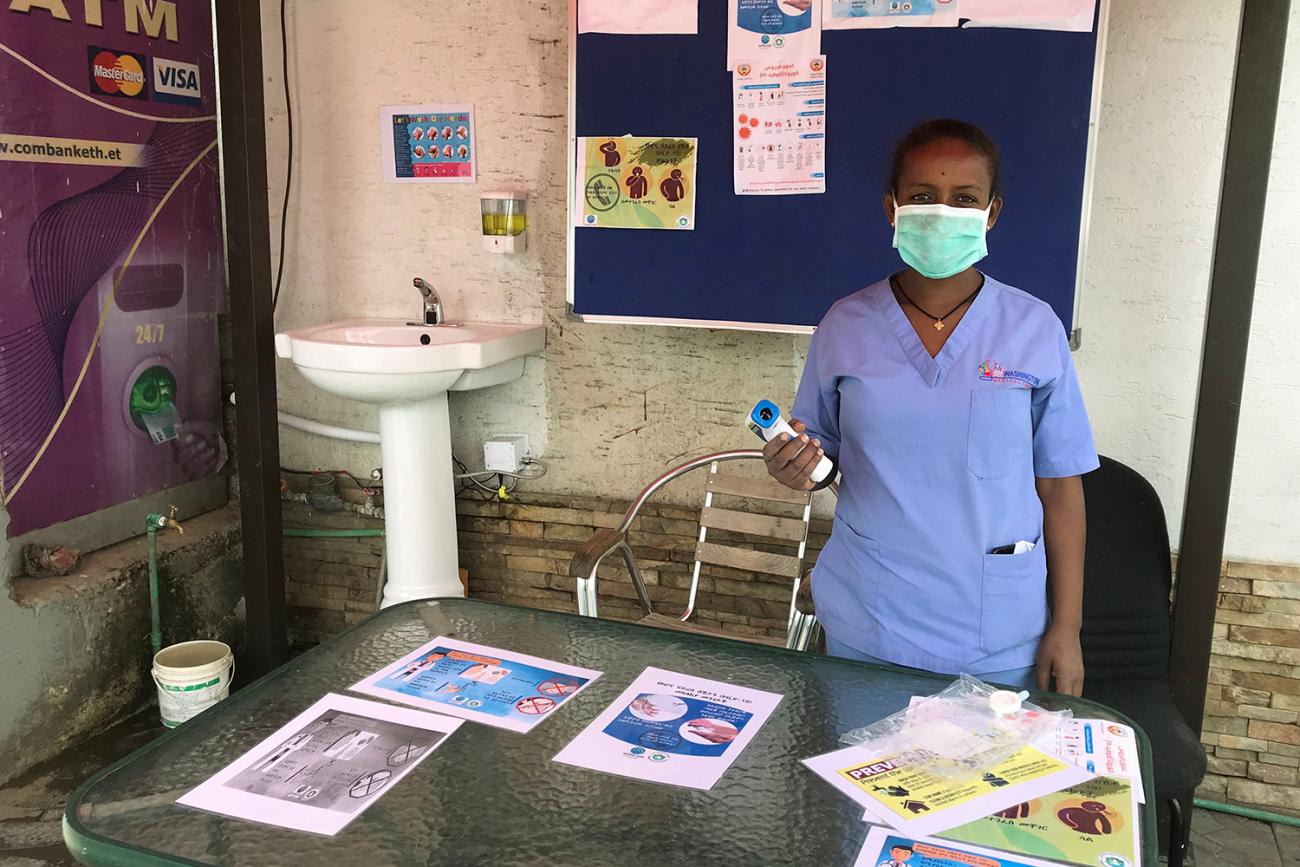
In Ethiopia, access to handwashing at health-care facilities and in rural areas and informal settlements are areas of particular concern. Increasing access to handwashing in health-care facilities is critical for reducing rates of infection among health-care workers and patients. Health-care workers at these facilities also find themselves in the challenging situation of promoting handwashing as a strategy to prevent COVID-19, yet lacking the ability to follow this guidance themselves.
In 2017, lack of access to handwashing was linked to a total of 707,000 deaths globally
To slow the spread of coronavirus around the world, especially in low-income countries, increased access to handwashing is critical. Greater access to handwashing could also reduce illness and death from other diseases, reducing the strain on a heavily burdened health-care system. In the short-term, alcohol-based hand rubs can be an effective response. Indeed, in urban areas in Ethiopia, use of these hand rubs is widespread. The downsides of alcohol-based hand rubs are that they are costly, can increase the risk of poisoning if ingested, and are not a long-term solution unless continuously supplied to the public.
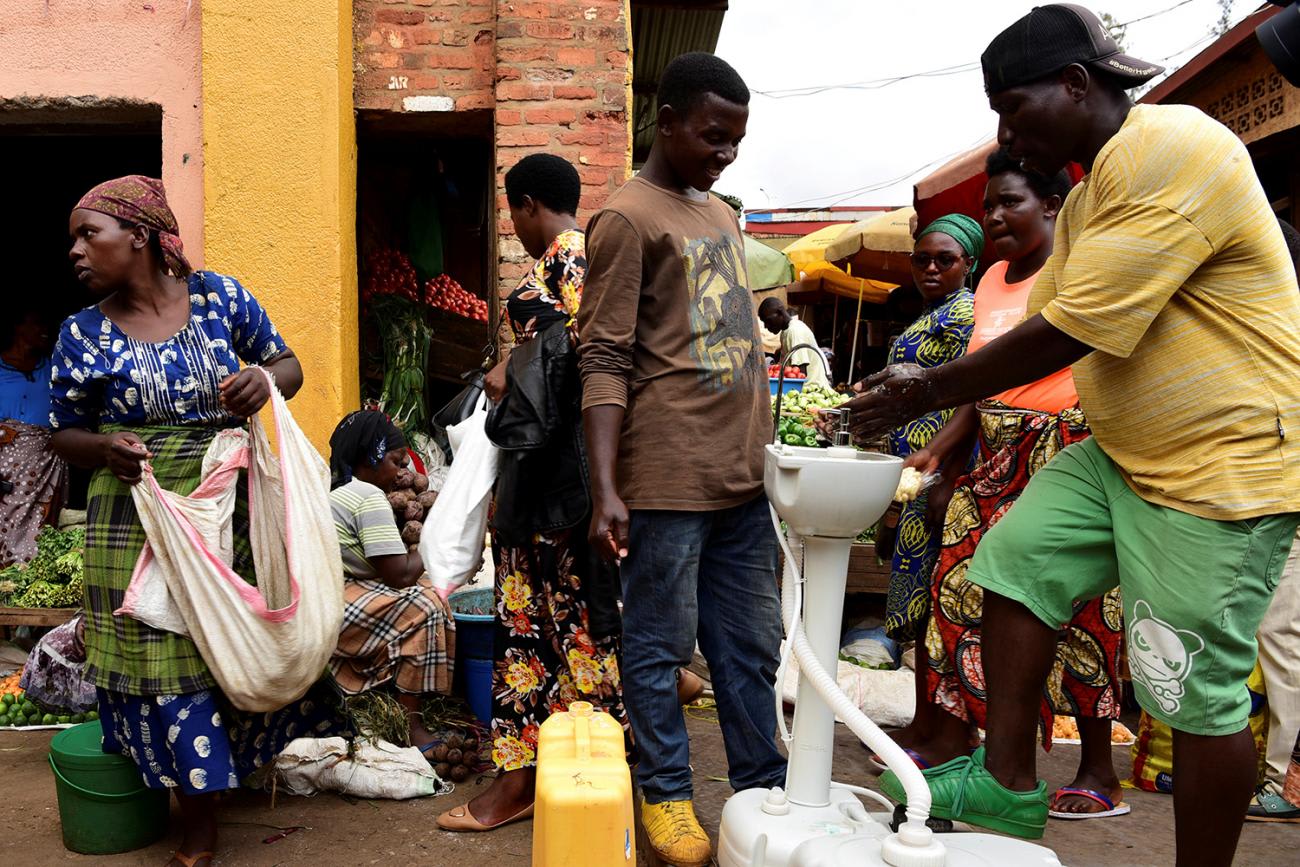
Investing in handwashing facilities offers much greater benefit over the longer term. In addition to reducing the spread of COVID-19, increasing access to handwashing facilities would help prevent illness and death from other respiratory infections as well as diarrheal diseases. In 2017, lack of access to handwashing was linked to a total of 707,000 deaths globally.
While the coronavirus pandemic is wreaking havoc around the world, it may exact the heaviest toll in low-resource settings. Access to handwashing is an essential tool in the fight against coronavirus, especially in those settings where health systems lack resources to treat high volumes of severely ill patients. This pandemic presents an opportunity for governments and donors to boost countries' abilities to fight disease both now and in the future by investing in handwashing.

EDITOR'S NOTE: The authors are faculty at the University of Washington's Institute for Health Metrics and Evaluation (IHME), which leads the Global Burden of Disease Study and the handwashing research discussed in the post. IHME collaborates with the Council on Foreign Relations on Think Global Health. Alemnesh H. Mirkuzie and Awoke Misganaw Temesgen are employed by the Ethiopian Public Health Institute, which is an autonomous government institute. All statements and views expressed in this article are solely those of the individual authors and are not necessarily shared by their institution.
